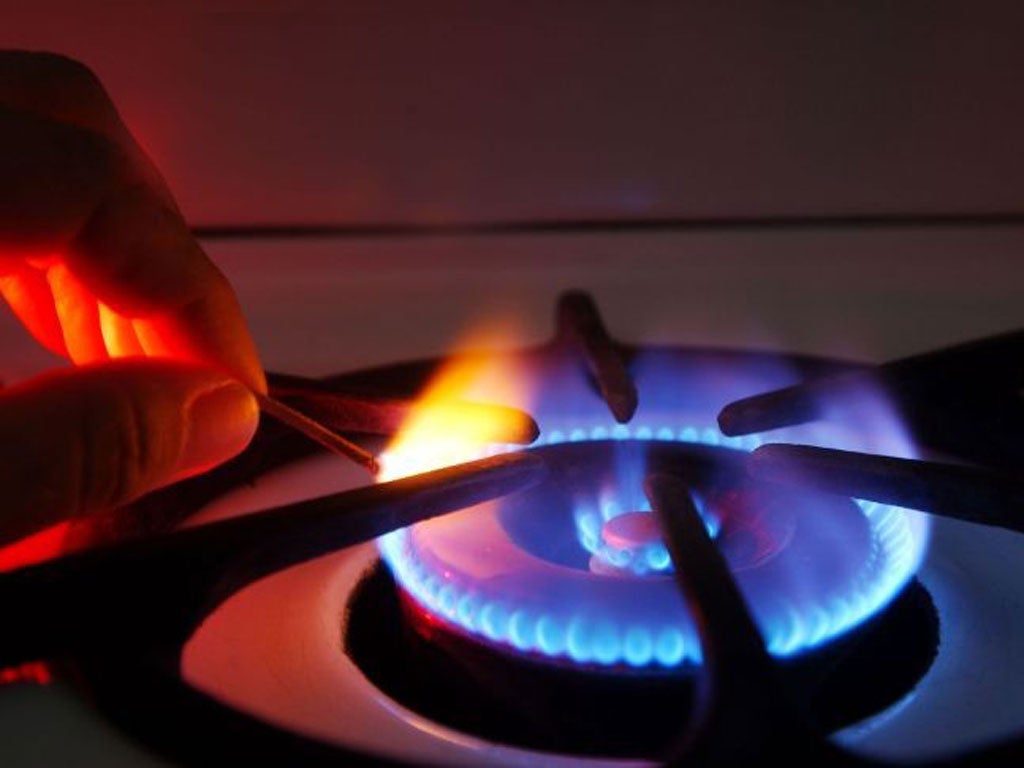Budget 2014: Manufacturers get £7bn cut on energy bills

Your support helps us to tell the story
From reproductive rights to climate change to Big Tech, The Independent is on the ground when the story is developing. Whether it's investigating the financials of Elon Musk's pro-Trump PAC or producing our latest documentary, 'The A Word', which shines a light on the American women fighting for reproductive rights, we know how important it is to parse out the facts from the messaging.
At such a critical moment in US history, we need reporters on the ground. Your donation allows us to keep sending journalists to speak to both sides of the story.
The Independent is trusted by Americans across the entire political spectrum. And unlike many other quality news outlets, we choose not to lock Americans out of our reporting and analysis with paywalls. We believe quality journalism should be available to everyone, paid for by those who can afford it.
Your support makes all the difference.The Chancellor announced a £7bn package to cut energy bills for British manufacturers and households in an attempt to help business compete better overseas and to take the pressure off struggling consumers.
George Osborne said he would freeze the carbon tax charged to the biggest CO2 emitters, such as power plants and heavy manufacturers, at £18 a tonne for ten years from 2016, instead of hiking it to well over £30 over the period.
The resulting energy bill savings would leave the average manufacturing company £50,000 better off a year, while the average household would save £15.
Mr Osborne also said he would give a further £1bn to energy-intensive firms to compensate them for green levies on their bills.
The Chancellor said he would take through all recommendations made by the recent Wood Review into the future of North Sea oil, including the setting up of a new regulator to ensure companies work together to maximise the amount of oil and gas they extract.
Mr Osborne also announced a new allowance for “ultra high pressure high temperature” oil fields as part of his drive to squeeze every last drop of commercially viable hydrocarbons from the North Sea.
Join our commenting forum
Join thought-provoking conversations, follow other Independent readers and see their replies
Comments